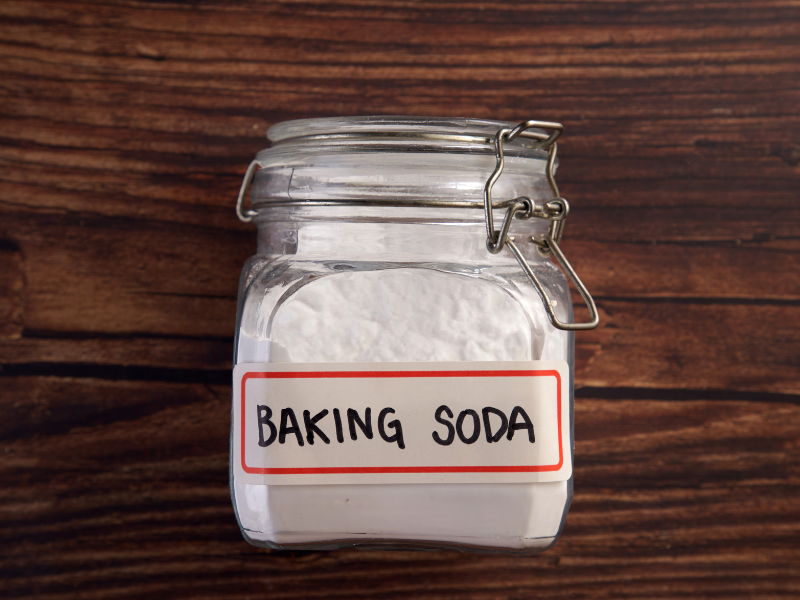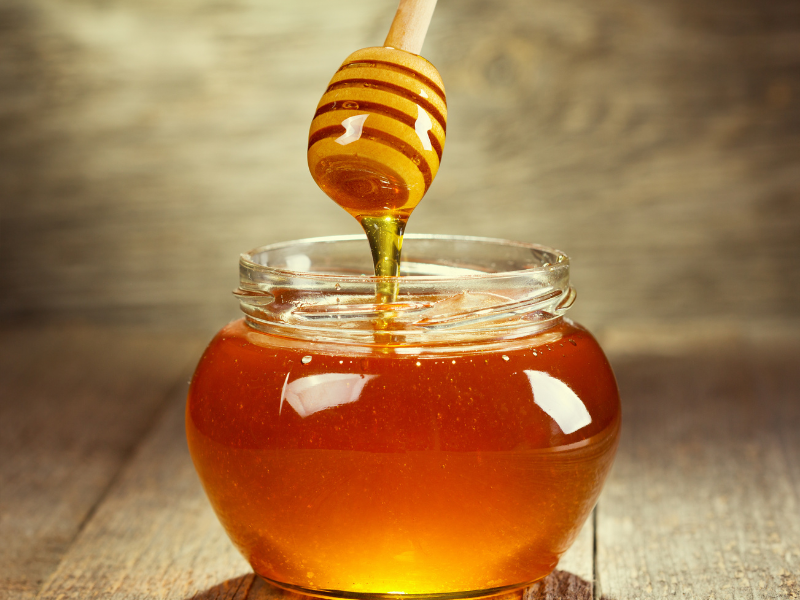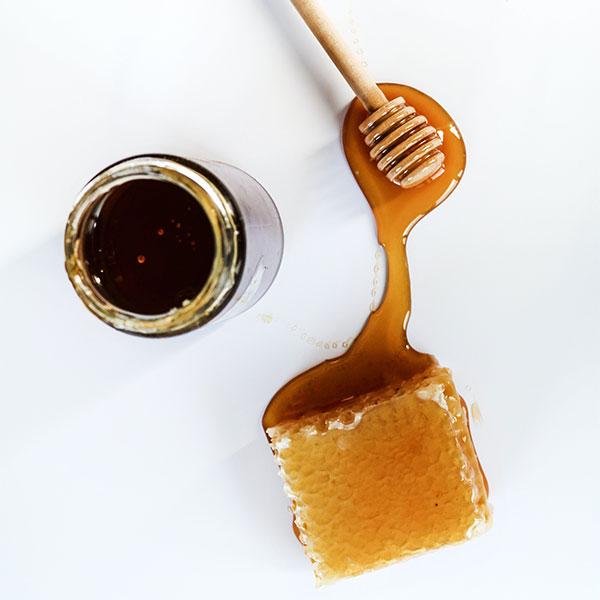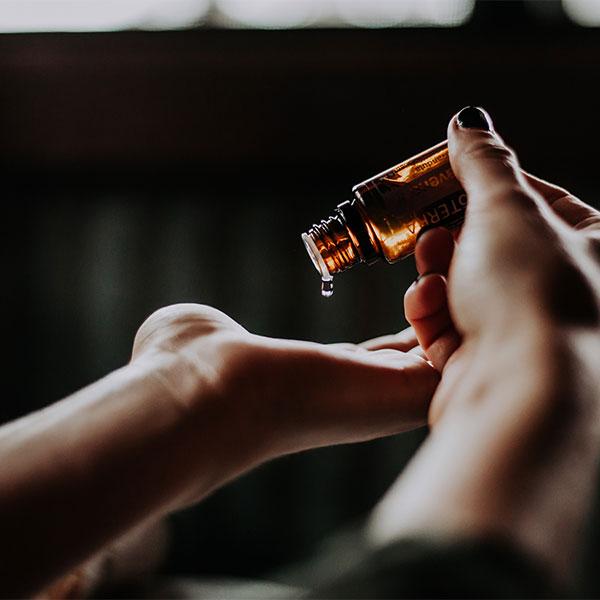If a disaster occurred or you found yourself in the wild without access to medical care, how would you treat common ailments? From items in your pantry to plants in your garden, natural remedies can be lifesaving in emergencies. Explore these simple yet effective solutions to stay prepared!
Epsom Salt
Epsom salt, or magnesium sulfate, is a versatile remedy for various conditions. Its benefits include:
- Splinters: Mix Epsom salt with water to create a paste, apply it to the skin, and let it draw out the splinter.
- Sprains: Add 2 cups of Epsom salt to a warm bath to reduce swelling and pain.
- Muscle pains: Soak in an Epsom salt bath to draw out lactic acid and relieve soreness.
Baking Soda

Baking soda isn't just for cooking. It has numerous healing properties, such as:
- Stings: Create a paste with water to soothe insect bites, poison ivy, or chickenpox.
- Sunburns: Add to warm water for a soothing skin treatment.
- Bladder infections: A baking soda and water cocktail can help neutralize acidity and ease discomfort.
Ginger
Known for its medicinal use over millennia, ginger helps with:
- Migraines: A teaspoon of ginger may block inflammation-causing prostaglandins, reducing symptoms.
- Menstrual cramps: Ginger acts as an antispasmodic, easing painful contractions.
Honey

With an indefinite shelf life, honey is a survival staple. Its healing properties include:
- Ulcers: Reduces inflammation and kills H. pylori bacteria, aiding stomach healing.
- Cuts: The hydrogen peroxide and propolis in honey prevent infection and promote healing.
Lavender
Lavender is a wildflower with numerous medicinal uses:
- Skin infections: A lavender infusion can fight bacteria in wounds.
- Ear infections: Soothes swimmer's ear with antibacterial properties.
- Pain relief: Mix lavender oil with a carrier oil for natural pain and itch relief.
Goldenseal
This herb is a powerful natural alternative to synthetic medications. Uses include:
- Infectious diarrhea: Berberine in goldenseal prevents bacteria from clinging to the intestines.
- Eye infections: Use a strained, cooled goldenseal tea as an eyewash to treat pinkeye and other irritations.













